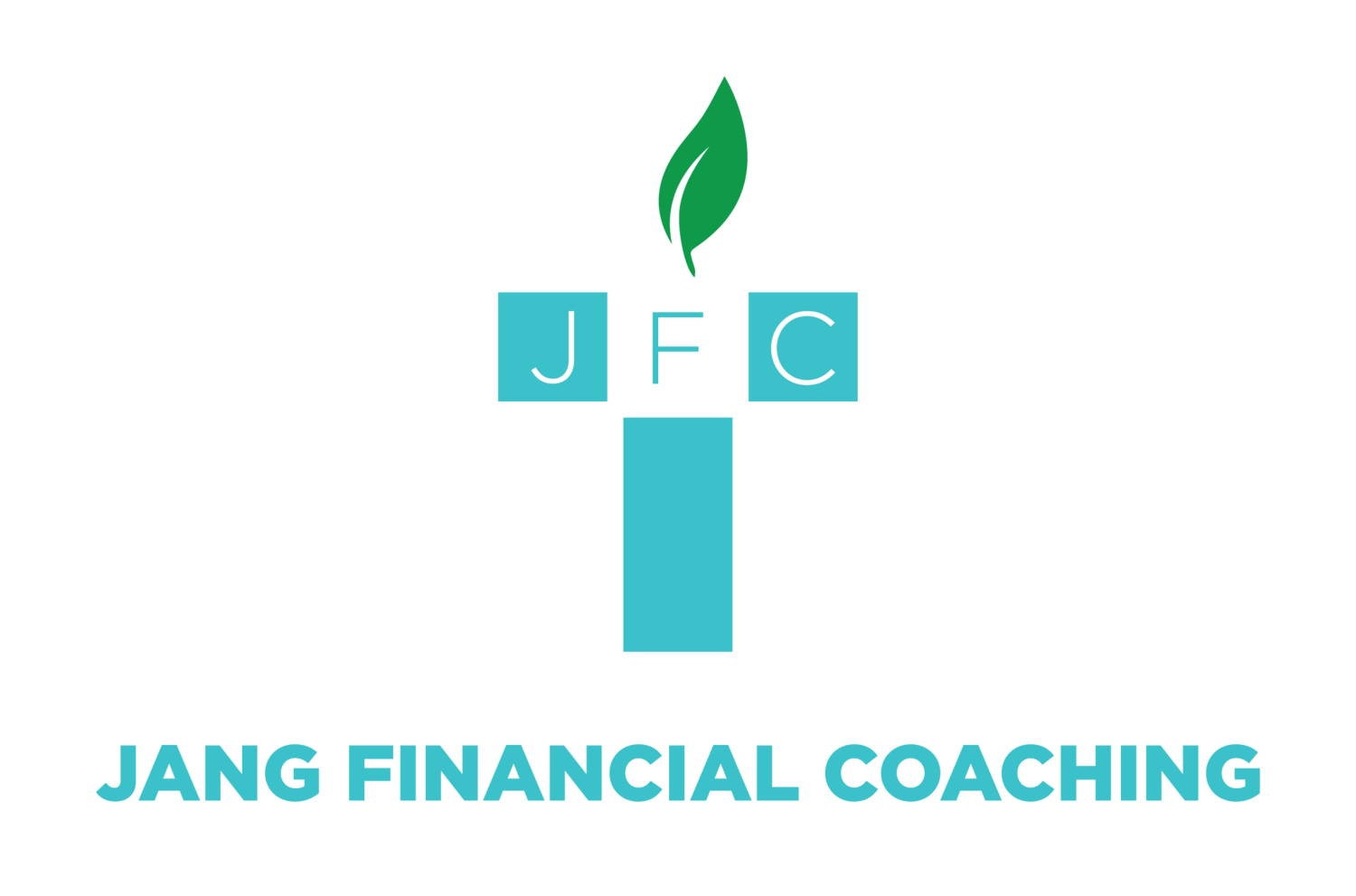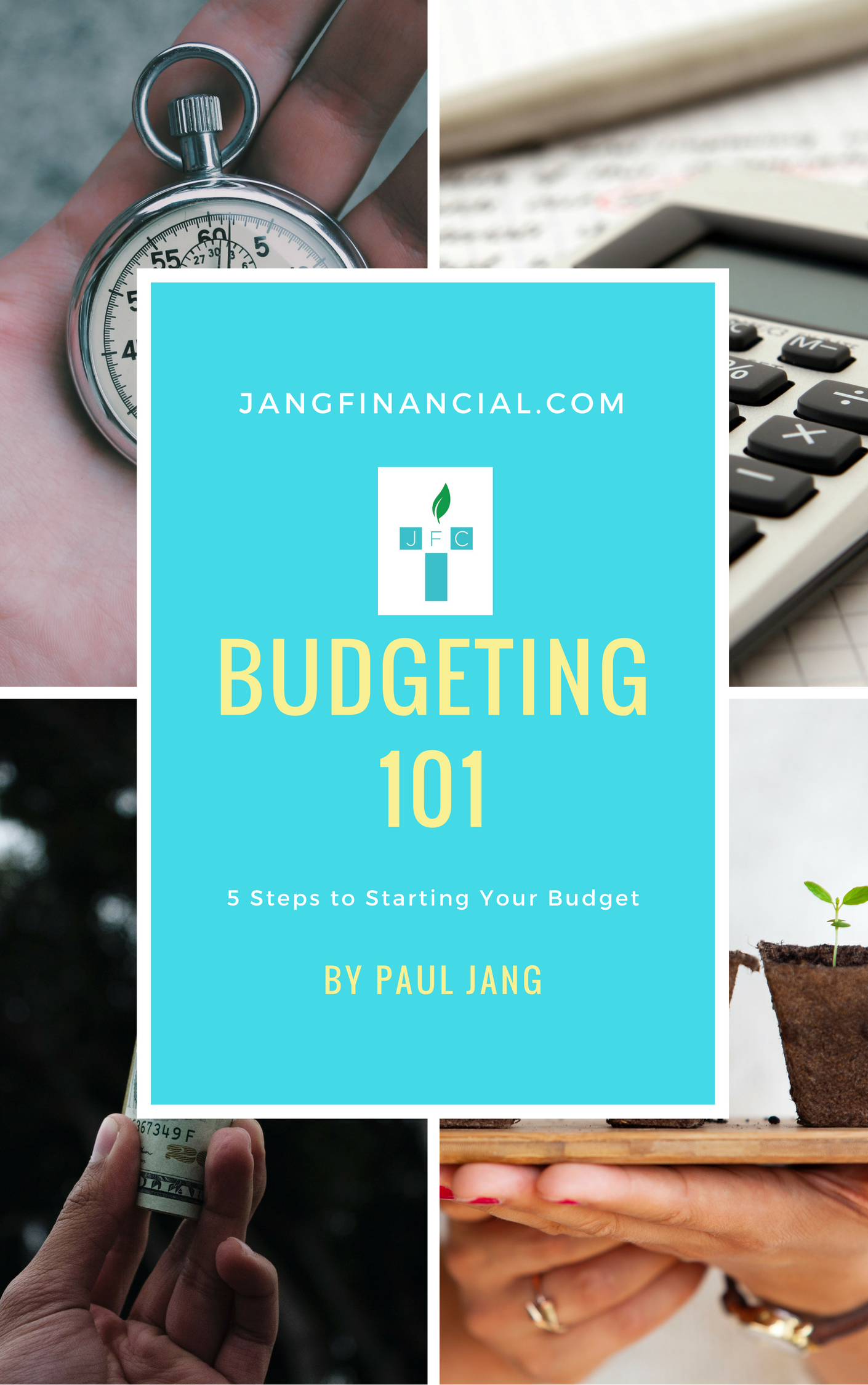Do You Make This Mistake in Your Personal Finances?
/A Disturbing Conversation with a Careless Spender
It was about 20 years ago. We had dropped off the students after a youth group retreat and we were the only ones left in the van. Not sure how the conversation turned into money but this older brother in Christ, someone I had looked up to, began sharing his struggle with money.
This older brother in Christ began sharing how he had been unable to sleep at night stressing out due to his debt. He told me how much school loans he had, but even more disturbing was how much credit debt he had accumulated in the past 10 years of his life. He told me how he had enjoyed living his life, going on nice vacations, enjoying the simple and great pleasures of life.
Then he began telling me that the stress got so bad that he had to do something. He then went on to tell me that he reached out and met with a financial advisor. This brother in faith was a man of God I respected. A seasoned brother whom I considered as mature in faith and in life.
To be honest, I don’t remember much besides feeling really confused and disappointed. He told me that his financial advisor advised him to not worry about his debt and just continue living, claiming that an average American will die with a significant amount of debt.
So this is what bothered me when I heard this twenty years ago: 1) that he thought it was OK to spend more than he earned, 2) that he thought it was OK to not pay back what he borrowed, 3) that he thought it was OK to be live like every other American, if that really was the case, and not manage well what the Lord has entrusted to us.
So instead of learning to prioritize and budget, learn to spend less and learn contentment, this older brother in faith shared with me that he had decided to just not worry about his finances. He told me that he just started sleeping better after accepting these things.
Bible speaks against owing any person but paying back debt. Bible speaks about managing our finances well and spending less than what we earn. Bible speaks about saving for future and learning contentment, and not coveting. Bible speaks about managing God's treasures for God's approval.
A Glimpse of the Careless Spending Type Within Me
Last week, I shared about my shopping spree before starting my first full-time job as a teacher in the blog post titled “How the Self-Worth Spender Within Me Stole 9 Months of My Life.” In my moment of weakness, I had spent money I didn’t have to impress people I didn’t know yet instead of trusting in what God said I was worth on the cross of Jesus Christ.
That Saturday shopping spree not only revealed the self-worth spender within me, costing 9 months of my life to pay back my debt, it also revealed the careless spender within me. After all, I went shopping that one Saturday with no desire to really think about money. I was not organized at all as I had no list or a budget. I bought on impulse by different colors and literally did not consider the consequences of my spending that day. I just charged my credit card, paying for it for the next 9 months.
Are You a Careless Spender?
Perhaps you prefer not to think about money. Maybe you grew up never worrying about money as your parents never really taught you that there were limitations to what you could spend. Or perhaps you are simply disorganized and haphazard in the way you handle money. You earn a lot and tell yourself either that you earn plenty and don’t need to worry about keeping track, or convince yourself that you can earn yourself out of your spending decisions. Or perhaps like my friend or like myself 20 years ago, are you often impulsive and just choose not to consider the consequences of your spending choices?
Consider the following questions:
· Do I think budgeting is unnecessary?
· Am I often unaware of how much is in my checking account?
· Do I have multiple credit cards that I am using?
· Do I often buy things on impulse?
· Do I avoid paying my bills? Not open my bills?
· Is it difficult for me to save for the future?
· Do I downplay the importance of paying off debt (or paying others back)?
· Do I make jokes when someone asks me a serious question about money?
If you answered yes to these questions, then there is a good chance that you might be a careless spender. Are you ready to admit that you are? After all, if we aren’t even aware of the way we are shaped, then we can’t really begin the journey of transformation.
If we want to get to the destination of becoming secure stewards of God, then we have to first acknowledge where we are. And if we are comfort spenders, then we have to accept that as the starting point.
Basic Growth Steps
1. Before spending money on a purchase, ask yourself if you really need it and if you have the money for the item.
2. To avoid impulse or careless spending, consider waiting 24 hours before making a purchase. And during that time, talk with God, your spouse or financial accountability partner about whether this spending makes sense or not.
My hope is that as we become more aware of how we are financially-emotionally shaped by our family of origin, we experience the transformational power of the gospel in our lives. Yes, reigning the elephants in us for God’s glory, allowing Christ to be not just our Savior, but indeed our Lord.
Are you ready to get started? Contact me at paul@jangfinancial.com if you want to help disciple your congregation as God-honoring stewards from a biblical perspective, or if you yourself want to grow as a steward seeking to practically manage the finances better to hear from our Lord upon his return, “Well done, good and faithful servant. You have been faithful over a little; I will set you over much. Enter into the joy of your master.” (Matthew 25:21, 23)
Questions to Ponder:
1. When growing up, were there discussions about money, spending, saving, and finances? Was gratification delayed or always immediately met?
2. What sort of patterns emerges about how your family of origin has impacted the way you handle money?
3. How is Jesus Christ, as your Savior and Lord, speaking to you right now?
Paul Jang
Pastor | Personal Financial Coach to Individuals & Financial Stewardship Ministry Consultant for Churches
*If you want to automatically receive these weekly blogs, sign up for a free budgeting e-book at www.jangfinancial.com.
**Want to check out other blog entries, check out www.jangfinancial.com/jang-financial-stewardship-blogs/
Recent Articles on Financial-Emotional Types:
How the Self-Worth Spender Within Me Stole 9 Months of My Life
Why Some People Always Medicate Themselves Through Retail Therapy



